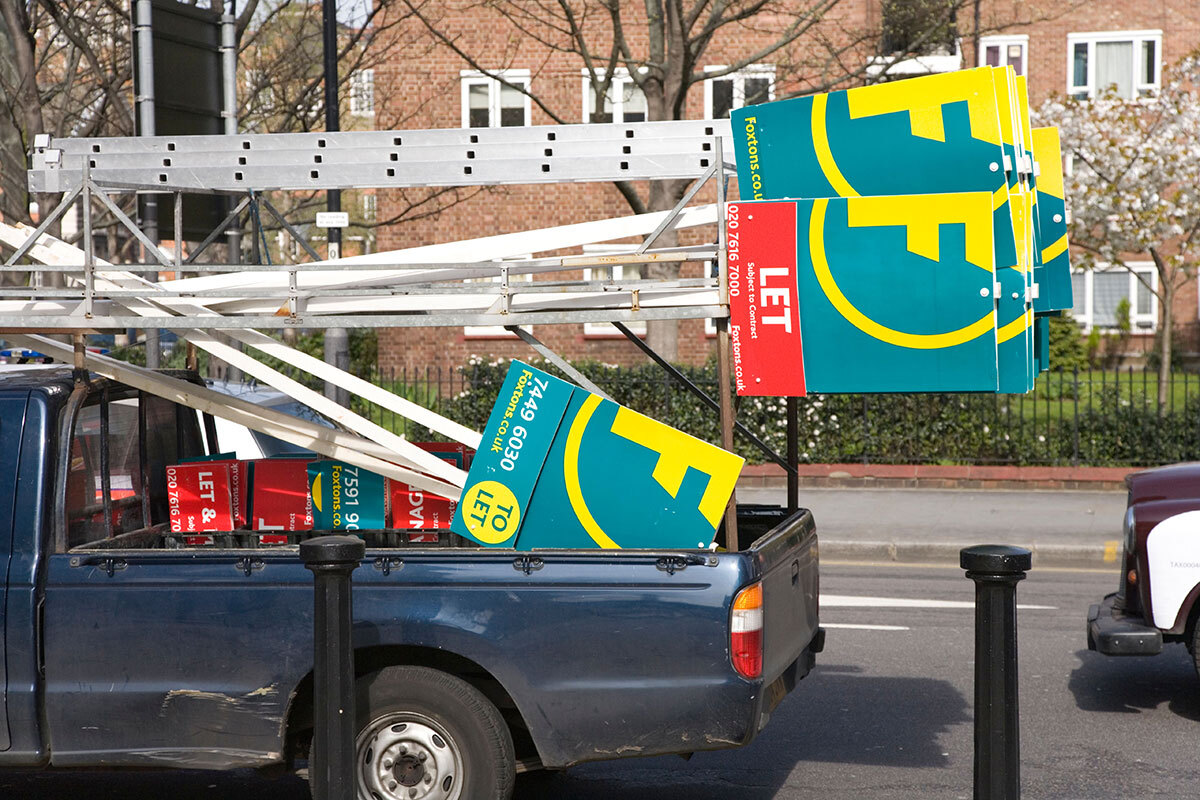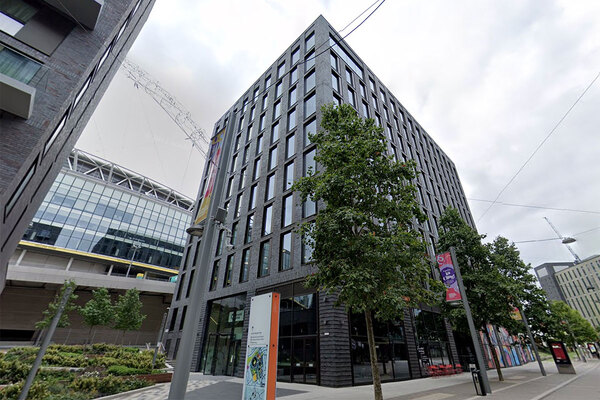
Liz Rutherfoord is chief executive of Single Homeless Project
Londoners need the LHA rate to increase, or more will end up homeless
Liz Rutherfoord sets out the reality for Londoners struggling to pay rent and makes the case for the government to increase the Local Housing Allowance rate to prevent more people from becoming homeless
As the largest homelessness charity dedicated to helping Londoners in crisis, we see people struggling to make ends meet every day. For many, it’s a losing battle because the odds are stacked against them.
Everyone knows that the cost of living crisis is impacting households across the country, but Londoners in particular are suffering due to the long-standing issues with inadequate Local Housing Allowance (LHA).
LHA is used to calculate the maximum amount people renting from a private landlord can claim in rent from either housing benefit or the housing element of Universal Credit. As the private rented sector is now the default option for most Londoners, people reliant on benefit support to pay their rent are considerably disadvantaged by the low level of LHA and this is significantly contributing to rising homelessness.
“Benefits that are meant to be for living costs are swallowed up by rent and Londoners aren’t left with much to survive on for the rest of the month”
In fact, our latest analysis showed that one Londoner is forced into homelessness every 10 minutes. It’s an inexcusable statistic for one of the world’s wealthiest cities.
While the government is committed to raising Universal Credit and benefit cap levels in line with September’s inflation rate, the LHA has been left frozen at the rate set in 2019. In a city where rent levels have continued to skyrocket, with average rents rising 16.1% in the last year, this is a huge omission and will hit Londoners the hardest.
We need the government to increase the LHA and raise the benefit cap proportionately to avoid thousands more being forced into homelessness.
LHA is out of touch with the current rental market
We work with 10,000 people across London every year, supporting those in crisis right the way through to helping them take the final steps to independence and employment. We know all too well that the LHA is completely inadequate, because almost every one of our clients living in the private rented sector are left with no option but to use their benefits designated for living costs to top up their rent every month.
Londoners, who pay the highest rents in the UK are being penalised by the government ignoring today’s rental rates.
Benefits that are meant to be for living costs are swallowed up by rent and Londoners aren’t left with much to survive on for the rest of the month, making choices between keeping warm and fed or paying rent. This just doesn’t make any sense and it’s no wonder so many people are pushed to the absolute brink.
“This year, we received more than 1,000 requests and most of these have been for ‘survival items’ such as food vouchers and energy top-ups”
Even when benefits increase in April, the picture is only marginally improved for Londoners. It still leaves those over the age of 35 living in some areas of London topping up their rent and left with only £133.46 for the month. This is just a third of the amount the government suggests you need to cover all energy bills, food, travel and other living expenses (£368.74) every month. The story is even worse for those under 35. This simply isn’t sustainable.
If the government raises the LHA and the benefit cap in proportion, then we’ll be giving people a fair chance to stay in their own homes. Preventing homelessness, rather than tackling it once it happens, makes far more financial sense for the exchequer and, importantly, it means more people will escape the real damage that accompanies homelessness.
From coping to surviving
We run an emergency grants system at Single Homeless Project, which we use to help clients in urgent need. The types of items requested gives us a strong indicator of the state of how people are doing. Typically, we receive around 500 requests a year for help to pay for things like travel cards, mobile phone top-ups, IDs, clothing and essentials for moving into a new home. These are all items for staying in touch and moving forwards in life – they are positive signs.
This year, we received more than 1,000 requests and most of these have been for ‘survival items’ such as food vouchers and energy top-ups. It’s a clear indicator that people have moved from coping and planning for the next stage to ‘just surviving’. When you’re in survival mode, it’s like a pressure gauge constantly on red and the risk of homelessness increases. No one should have to live like that.
A fair chance
The best way to end homelessness is to prevent it from happening in the first place. You do that by understanding and addressing the major drivers properly. We need an urgent increase in LHA and a proportionate raise in the benefit cap to give Londoners a fair chance and stop thousands more being forced into homelessness.
Homelessness is an experience, not a forever. With the right support and policies in place, it can be ended.
Liz Rutherfoord, chief executive, Single Homeless Project
Sign up for our homelessness bulletin
Already have an account? Click here to manage your newsletters











